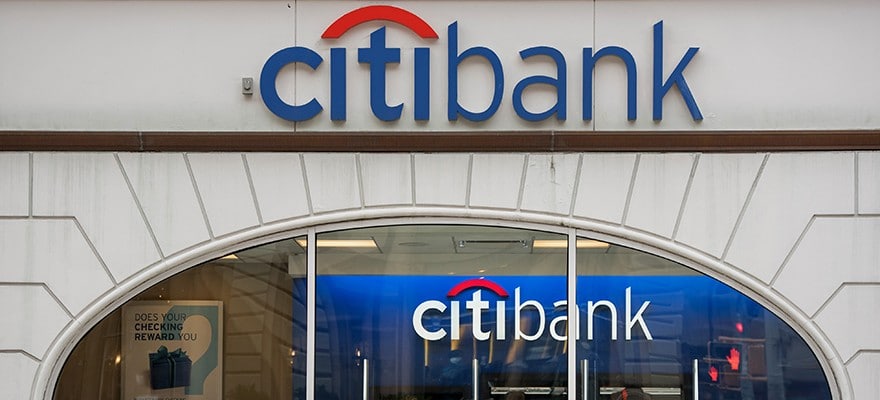To the naked eye, Citi's involvement with digital currency until now has consisted mostly of bearish predictions on its price. Behind the scenes, however, Citi has been mulling how it can benefit from its technology, as are many other banks.
In a document detailing its response to the UK government's call for information on digital currency, obtained by CoinDesk via a Freedom of Information request, Citi calls for the government to create its own form of digital currency. Its Treasury and Trade Services (TTS) Technology and Innovation Team wrote:
"The greatest benefits of digital currencies can be realised through the government issuing a digital form of legal tender. This currency would be less expensive, more efficient and provide greater transparency than current physical legal tender or electronic methods."
Also noted is that such an initiative can obviate anti-money laundering (AML) and Know Your Customer (KYC) ) concerns that currently exist with Bitcoin .
The document, dated December 3, 2014, responds to each of the questions posed by the call for information. It points out numerous benefits of distributed ledger technology, and emphasizes the potential significance of their impact:
"Securing digital assets has been a difficult problem for decades and to date all proposed for implemented solutions have been mediocre at best. With this invention suddenly it is possible to send money across the Internet in a totally secure manner, to parties you do not know, and be 100% sure it will get there, will not be compromised, and will not be copied."
The notion of a government-backed digital currency has taken a recent resurgence. Earlier this year, it was reported that IBM is working on a fiat-based digital currency system and is engaging central banks such as the Federal Reserve.
The interest of bank institutions is notable, given that the widespread adoption of such technology can significantly alter their traditional business model and revenue streams. It may be more than an implicit acknowledgement by banks that change is inevitable, and the sooner they change gears, the better.

















